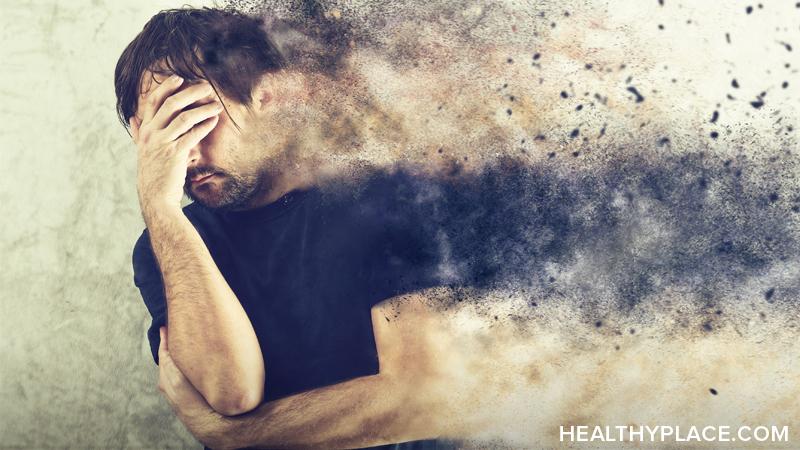PTSD and Emotional Flashbacks

I've found that emotional flashbacks are not as commonly discussed as "regular" flashbacks in posttraumatic stress disorder (PTSD). When I was first diagnosed with PTSD, I questioned my diagnosis because I hadn’t been experiencing the common symptom of a “flashback.” Flashbacks are a major part of PTSD, typically occurring in the form of visual memory and negatively stimulating our physical senses. However, I learned that many people — myself included — experience “emotional flashbacks,” or intense feelings of fear, shame, anger, and despair that are associated with a specific trauma.
What Are Emotional Flashbacks?
According to the CPTSD Foundation, emotional flashbacks are “the triggering of emotions instead of the five senses.”1 As with other flashbacks, a specific scent, place, person, or situation can trigger emotional flashbacks by causing a wave of extreme emotions that are difficult to regulate.
As someone who endured sexual assault at four years old, I often experience emotional flashbacks with my PTSD when it comes to intimacy. To this day, even when I’m in a healthy, loving, and consensual relationship, I still sometimes face heavy emotions like fear, disgust, embarrassment, and shame after getting close to a partner. Though I might not feel like I am physically back in the moment when I endured the assault, the debilitating rush of emotions can be just as overwhelming and confusing.
During emotional flashbacks, I often go into survival mode, dissociating and reverting to my childhood state of seeking validation and reassurance. No matter how much I tell myself, “I’m safe now,” my body just doesn’t feel that way.
How to Cope with Emotional Flashbacks
Emotional flashbacks can make you feel like you’re regressing on your PTSD journey, but your brain is trying to protect you. Here are some ways I support myself through emotional flashbacks:
- I identify when I'm triggered. Understanding triggers can help you anticipate and identify an emotional flashback so you’re prepared for and aware of its effects. For instance, I know intimacy can set off my PTSD, so I try to separate myself from any negative or obsessive emotions or thoughts that might occur after sex.
- I refrain from judging my emotions. Because of my trauma, I battle shame more than any other emotion. I often tell myself I’m being overdramatic and irrational or “acting like a child” when I have an emotional flashback with my PTSD. Rather than judging yourself and your reactions — which are driven by your trauma and do not define you — practice remaining neutral.
- I practice grounding techniques. While it might seem impossible to find control or peace during an emotional flashback in PTSD, try a grounding exercise that will bring you back into your body. Simple grounding techniques — like taking a warm shower, calling a loved one, or stepping outside — can help you get back in touch with the present moment.
Emotional flashbacks might make you feel unsafe and out of control, but you’re not alone — and they will pass. For more on emotional flashbacks and PTSD, watch this video:
Source
- Davis, S. (2021, January 11). Managing Emotional Flashbacks | CPTSDfoundation.org. https://cptsdfoundation.org/2021/01/11/managing-emotional-flashbacks/
APA Reference
Caramela, S.
(2023, December 26). PTSD and Emotional Flashbacks, HealthyPlace. Retrieved
on 2026, February 26 from https://www.healthyplace.com/blogs/traumaptsdblog/2023/12/ptsd-and-emotional-flashbacks
